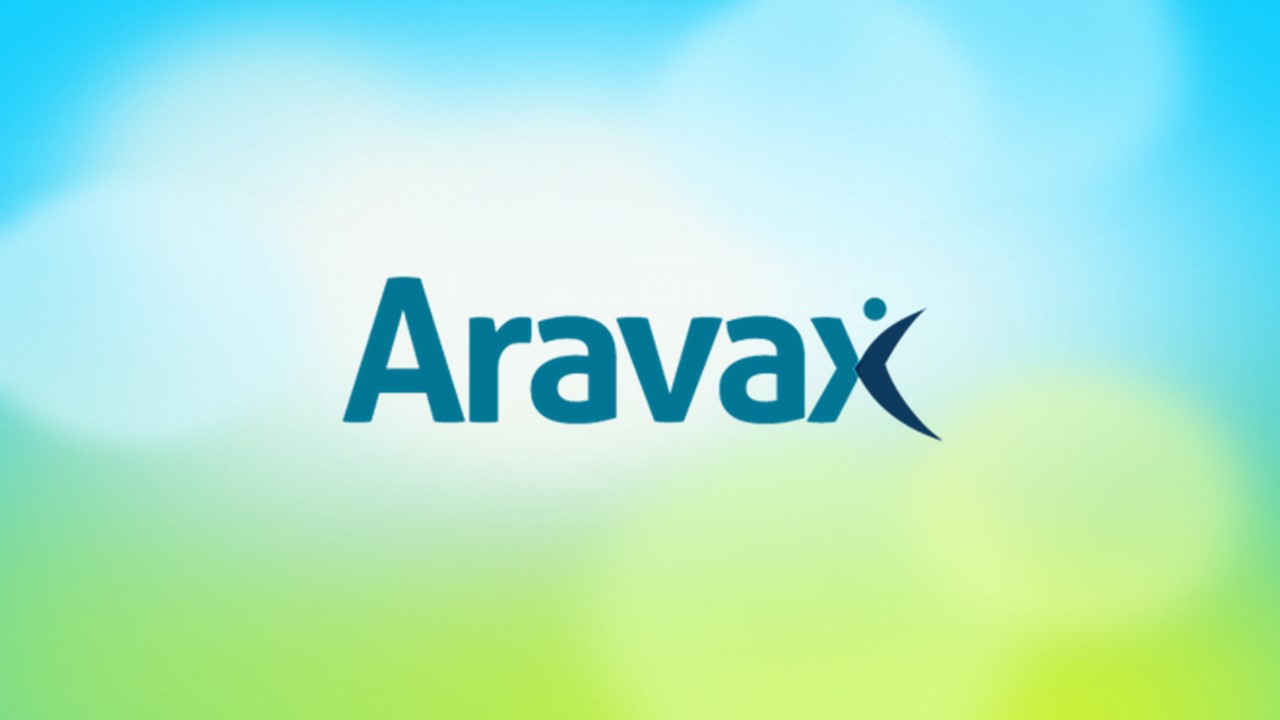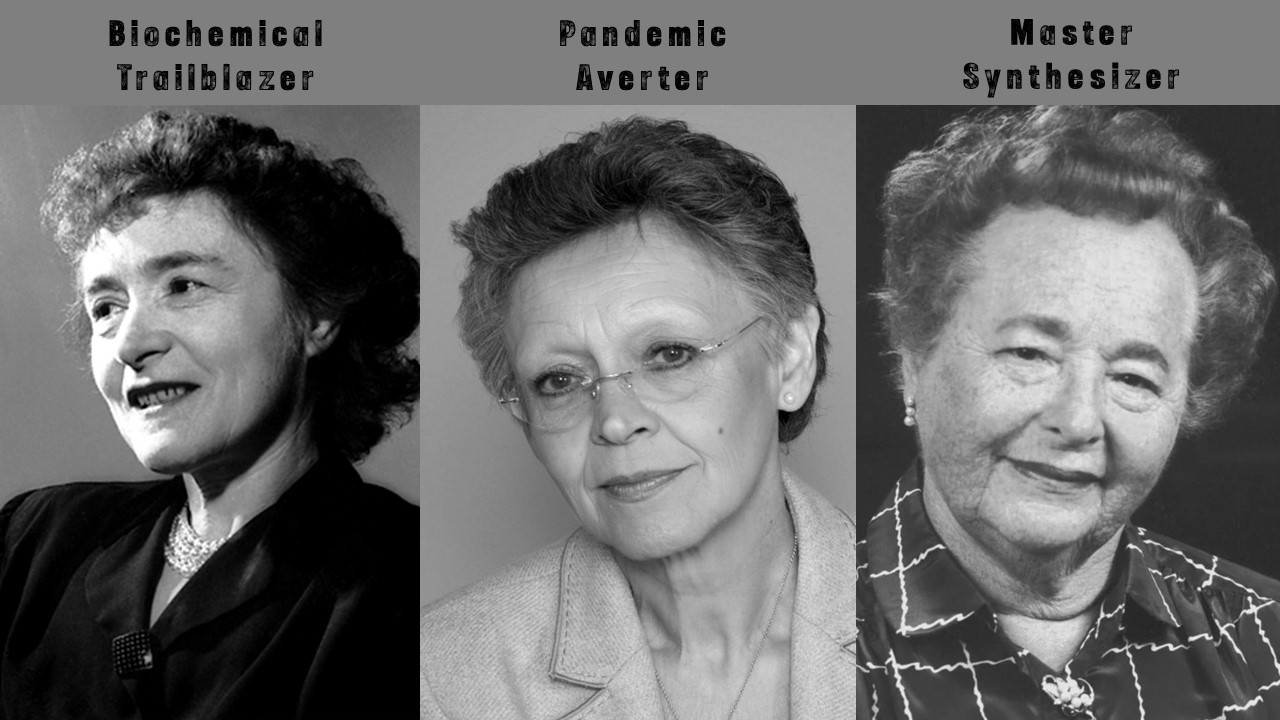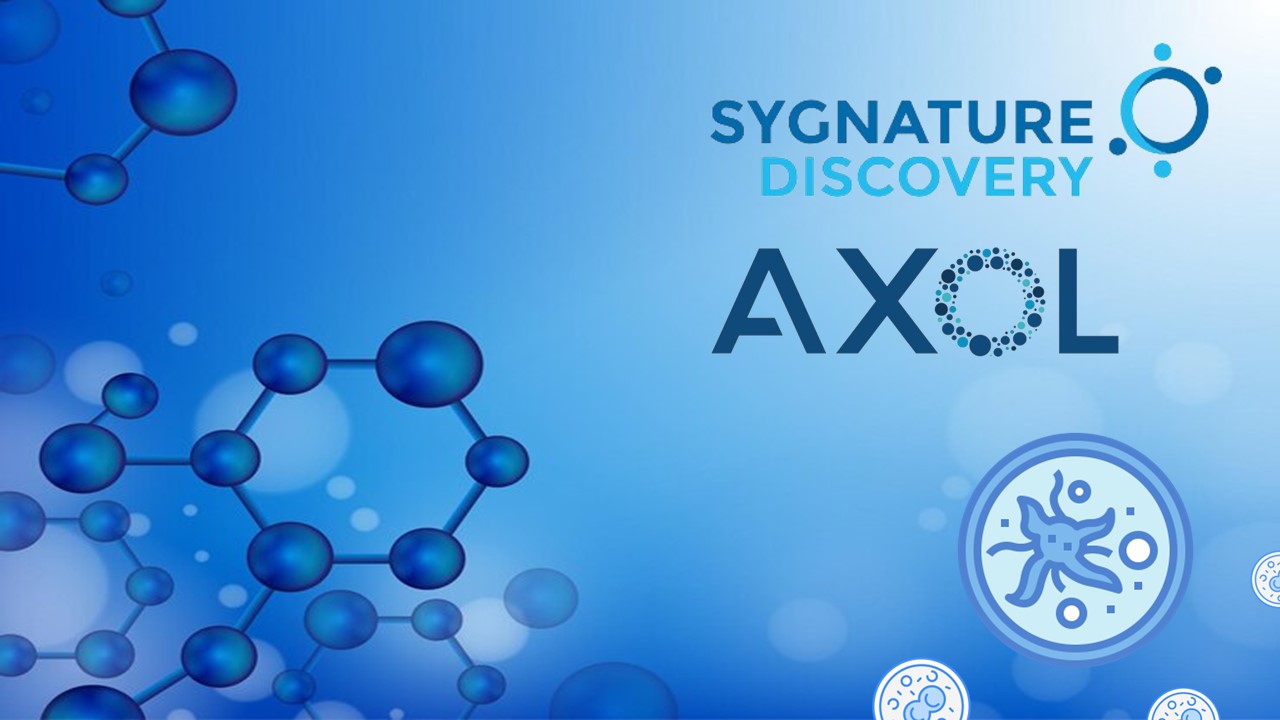
This week in pharmaceutical investments, Moderna seals the deal to expand its antibody therapeutics portfiolio with the acqusition of biotech company AbCellara; Pfizer UK partners with Entia in a bid to speed up development and access to home blood monitoring device for cancer; Mesa Labs acquires Agena Biosciences for $300m.
Moderna Announces Collaboration with AbCellera for AI-powered Antibody Discovery
Pharmaceutical leader Moderna has announced a collaboration with Canadian biotech company AbCellera, in order to access their AI-powered antibody discovery platform. Moderna hopes to utilise this innovative technology to develop therapeutics across multiple, “undisclosed indications”. In May 2020, AbCellera Biologics raised $105m for their antibody drug discovery platform, with participation from several big names including Viking Global Investors and Eli Lilly.
According to a recent article, Abcellera’s antibody platform will be combined with Moderna’s mRNA technology, with the aim of accelerating the development of mRNA-based antibody therapeutics. Since the success of the mRNA COVID-19 vaccine, RNA therapeutics has become a significant area of focus for many pharmaceutical companies.
The combination of Moderna’s expertise in RNA therapeutics and AbCellera’s AI-powered antibody platform could demonstrate the potential of RNA-based antibody products, and generate a whole new area of drugs, utilising the innovative AI technology.
In a press release, CEO and President for AbCellera Carl Hansen, PhD., reinforced this with a statement – “Over the past year, Moderna has demonstrated the speed and impact of its mRNA vaccine technology in helping to protect people around the world. We are excited to work alongside their team to advance RNA-encoded antibodies as a new frontier in genetic medicines”.
Pfizer UK Partners with Entia to Fast-Track Home Blood Monitoring Device for Breast Cancer
Pfizer UK has announced a new, exciting partnership with biotech company Entia in a bid to accelerate the development of a device which monitors the blood for breast cancer patients. Virtual oncology company Entia has developed a platform which enables patients to perform their own blood test, and allows healthcare professionals (HCPs) to monitor the results remotely.
Under the terms of the partnership agreement, both companies will collaborate to support HCP access to the device for NHS metastatic breast cancer clinics. According to a recent article, the platform is currently in late-stage development, with the required regulatory approvals expected for the UK and EU in early 2022.
Founder and CEO of Entia Toby Basey-Fisher recently emphasised the significance of combining virtual services with blood monitoring technology, saying that it “could truly transform the way cancer care is delivered in a safe and reliable way”.
In a recent press release, Pfizer reinforced the fact that the burden of care for cancer patients can be a struggle, especially when it comes to monitoring disease progression/treatment response. Erling Donnelly, Pfizer UK Oncology Lead said “Living with cancer is hard enough for people and so it’s important that we try to relieve the burden of treatment monitoring, as well as helping our already stretched healthcare services. We’re excited to partner with Entia to do this for people living with metastatic breast cancer”.
“Partnering with digital health and monitoring experts such as Entia will further support Pfizer’s breakthrough therapies in an area where the burden of living with cancer is significant”.
Mesa Laboratories Completes The Acquisition of Agena Bioscience for $300M
US-based pharmaceutical manufacturer Mesa Laboratories has announced completion of the acquisition for Agena Bioscience, the mass-spectrometry-based genetic analysis firm, for $300m. Mesa Labs is a growing company, and specialises in the development and manufacturing of high-quality process validation and monitoring instruments and consumables.
Agena has already demonstrated its versatility, having contributed significantly to the fight against COVID-19. According to a recent article, Agena received Emergency Use Authorization from the US Food and Drug Administration for its five-test SARS-CoV-2 panel in October.
In addition to the FDA-approved MassARray genomic analysis platform, Agena has developed a variety of assays to profile everything from tumours, to drug reactions, to biomarkers associated with diseases like melanoma.
The acquisition appears to be an important step in the right direction for clinical genomics. Mesa CEO Gary Owens recently stated that “[Agena’s] MassArray system is a proven platform which integrates the best of mass spectroscopy and multiplex PCR, providing a unique combination of sensitivity, cost effectiveness, fast turnaround time, ease of use, and flexibility. These benefits strongly address the needs of clinicians to apply patient-specific genomic information to make personalized treatment and monitoring decisions”.
Charlotte Di Salvo, Editor & Lead Medical Writer
PharmaFeatures
Subscribe
to get our
LATEST NEWS
Related Posts

Leadership, Trends & Investments
Aravax Continues International Expansion with Appointment of Aled Williams as Chief Business Officer
Aravax announces the appointment of Alex Williams as Chief Business Officer.

Leadership, Trends & Investments
The Immigrant, The Career-Undecided, and The Supermarket Supervisor-turned-Scientist
Learn more about the 1947, 1988, and 2008 Physiology or Medicine Female Nobel Laureates.
Read More Articles
Myosin’s Molecular Toggle: How Dimerization of the Globular Tail Domain Controls the Motor Function of Myo5a
Myo5a exists in either an inhibited, triangulated rest or an extended, motile activation, each conformation dictated by the interplay between the GTD and its surroundings.













